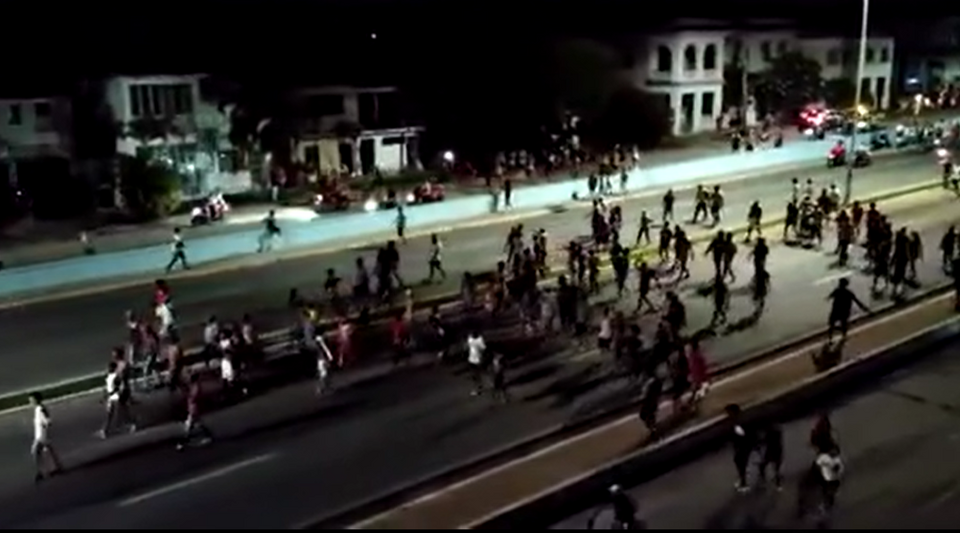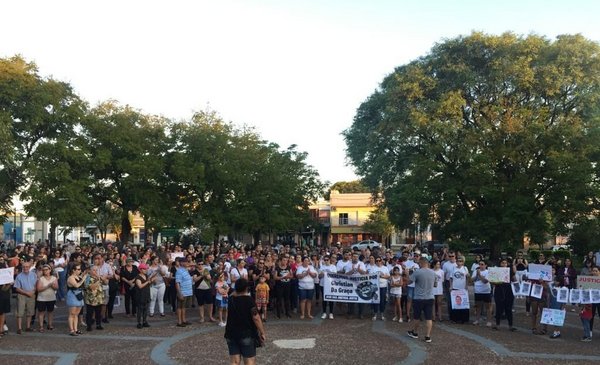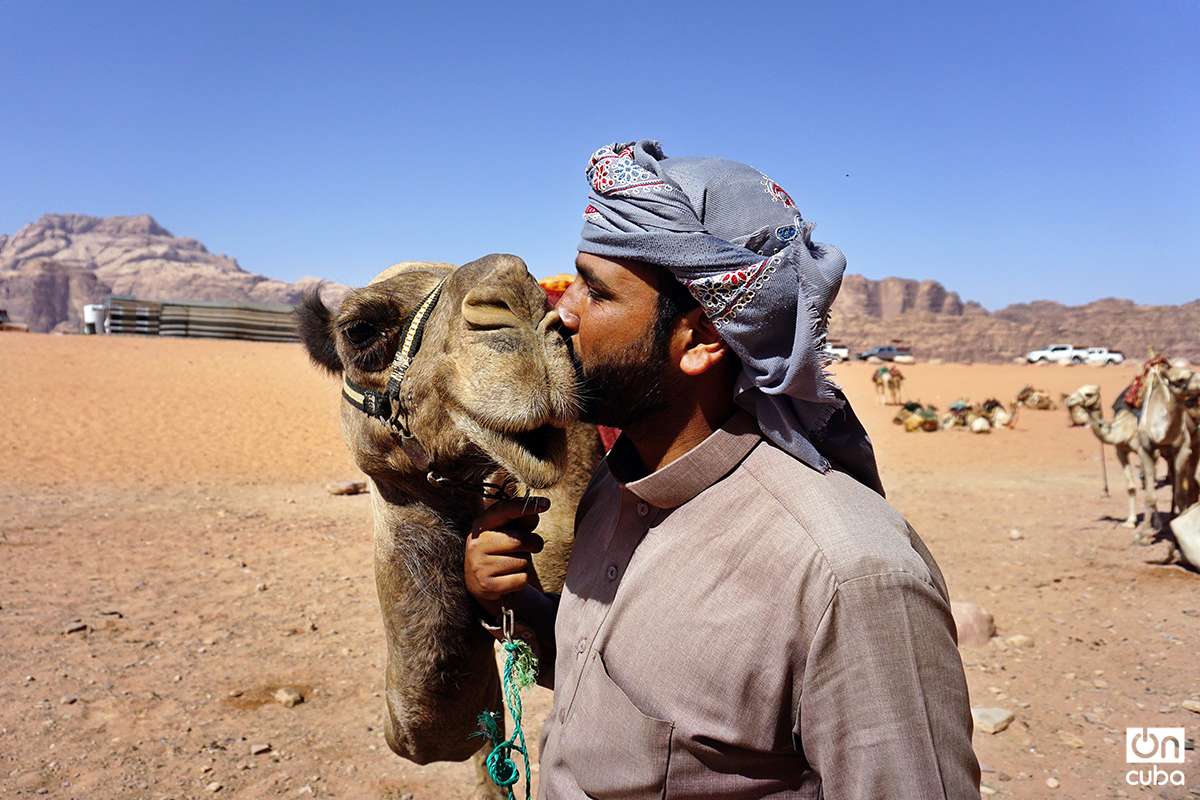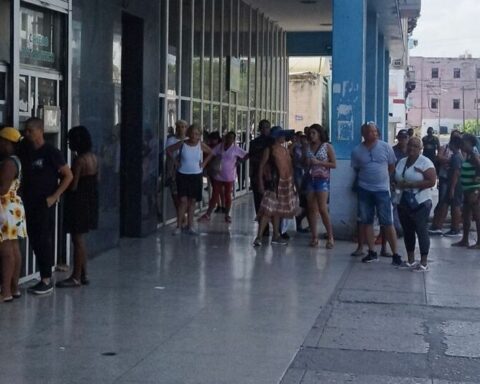(EFE).- The NGO Amnesty International (AI) denounced this Monday in its annual report the “hundreds of people” in prison in Cuba for “the peaceful exercise of their human rights”–-including “three prisoners of conscience”– and the “repression” of “dissidents” and protests.
In his document, which summarizes the most relevant events of the year by country, it is also noted that the new Cuban Penal Code consolidates “already habitual limitations on freedom of expression and assembly” and represents “a disturbing panorama for independent journalists, activists and any person critical of the authorities”.
The report also underlines the social problems due to “food shortages” suffered by the country and the “frequent” cuts in the electricity supply. He recalled at this point that the State has the “obligation to make effective the economic, social and cultural rights” of citizens.
The NGO highlighted that at the end of last year “hundreds of people who had suffered the repression of the protests of July 2021” were still in prison, the largest in decades.
These were spontaneous and mostly peaceful demonstrations at a time of serious economic crisis due to the concurrence of the pandemic, the tightening of US sanctions and mistakes in national economic policy.
In those days the authorities “deliberately interrupted access” to the Internet, denounced IA, which pointed out that it is an “increasingly common tactic to limit communication”
AI also recalled that in September and October, after the passage of Hurricane Ian, “there were protests throughout the Island against the widespread power cuts,” in which “the authorities responded by deploying military cadets to suppress the protests, and denounced cases of arbitrary detention”.
In those days, the authorities “deliberately interrupted access” to the Internet, denounced IA, which pointed out that it is an “increasingly common tactic to limit communication in Cuba at sensitive moments from a political point of view.” .
The NGO indicated that Cuban President Miguel Díaz-Canel “downplayed the generalized nature of the protests,” blamed them on a “minority of counterrevolutionaries with connections outside Cuba” and reduced them to acts of “vandalism” that would be confronted with “the rigor of the law”.
“Three prisoners of conscience remained in prison, a figure that represented only a tiny percentage of the total number of people who were feared to be detained for the peaceful exercise of their human rights,” the report added.
AI thus referred to the artist and activist Luis Manuel Otero Alcántara, the musician Maykel Castillo osorbo and opposition leader José Daniel Ferrer, whom he denounced the periods of “solitary confinement” and “solitary confinement” in prison.
The document also mentions the strong migration suffered by the country, the approval in September of the Family Code – which legalized marriage and adoption for homosexuals – and the non-inclusion of femicide in the new Penal Code.
________________________
Collaborate with our work:
The team of 14ymedio He is committed to doing serious journalism that reflects the reality of deep Cuba. Thank you for accompanying us on this long road. We invite you to continue supporting us, but this time becoming a member of our newspaper. Together we can continue transforming journalism in Cuba.








